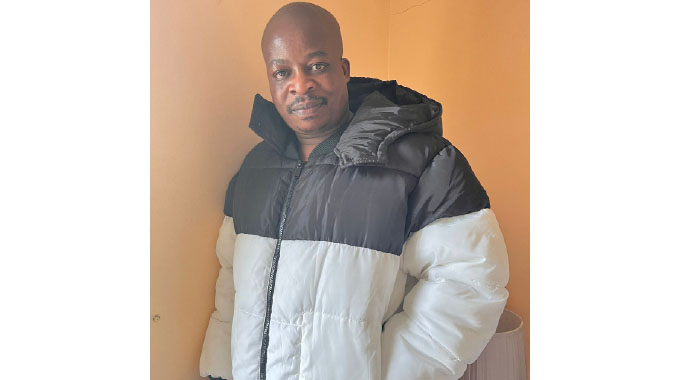Zim refs back at school

 Petros Kausiyo Deputy Sports Editor
Petros Kausiyo Deputy Sports Editor
ZIMBABWE’S top referees were back in class in Bulawayo yesterday to begin a high-level five-day Fifa course that is expected to equip them with the latest trends in the laws of the game. Fifa Referees development officer for Eastern and Southern Africa, Felix Tangawarima and the world body’s physical fitness instructor for the same regions Mark Mzengo of Malawi, are conducting the course.
It has been preceded by that for the match assessors which ran in the same city from August 15-17.
Tangawarima said the course was an intensive programme during which the fitness levels of the local referees and their concentration levels would also be put to the test.
The seven-time Zimbabwe Referee of the Year and his Malawian colleague will then leave for a similar initiative for match officials in Tanzania next week.
“This is a very intensive programme which we started with Premier League assessors from Friday to Sunday which covered such topics like amendments to the laws of the game for 2014-15, the role and quality of an assessor, report writing by the assessors and review of referees’ performances.
“The referees start on Monday with a fitness test,’’ Tangawarima said. There has often been a misconception on the significance of match assessors in the domestic game.
“The objective of this course was to equip the referees and assessors with the necessary knowledge and skills needed for the effective control of the game at a higher level and in the process evaluating their level of the understanding of the laws of the game and their application and interpretation together with the practical aspects.
“Emphasis was being placed on the uniform application and interpretation of the laws of the game.
“It also gave us an opportunity of assessing the progress made by the local instructors since the last Future III course in Botswana last year in which some of them were participants. “The course is also aimed at ensuring that referees and assessors operate on the same wave length in terms of knowledge and application of the laws of the game.
“In this year’s approach to the game we have practical sessions on the field of play, and also practical sessions in class. On the field of play we have integrated sessions and while in class we will also spend much time on the match situation video clips.
“There will also be more of group work and individual involvement of participants.
This will give participants clear understanding and confidence in dealing with certain situations,’’ said Tangawarima.
The referees will also get a presentation paper on match-fixing and match manipulation and tips on how to be on the lookout for the scourge as well as the dangers associated with the practice.
Apart from the practical and the theoretical sessions, the match officials will also write examinations during the course.
Some of the discussion that is likely to draw keen interest from the participants is that of the offside law and the penalty Area incidents where referees could be duped by diving players and award penalties that have often courted controversy.
A referees’ position and movement when the ball is in play is a phenomenon that has also often been closely followed by coaches, analysts and even general supporters especially where it involves close calls such as that of an offside offence. It is also hoped that incidents of controversial officiating in the Premiership will decline if participants implement lessons learnt from the course when handling local games.










Comments